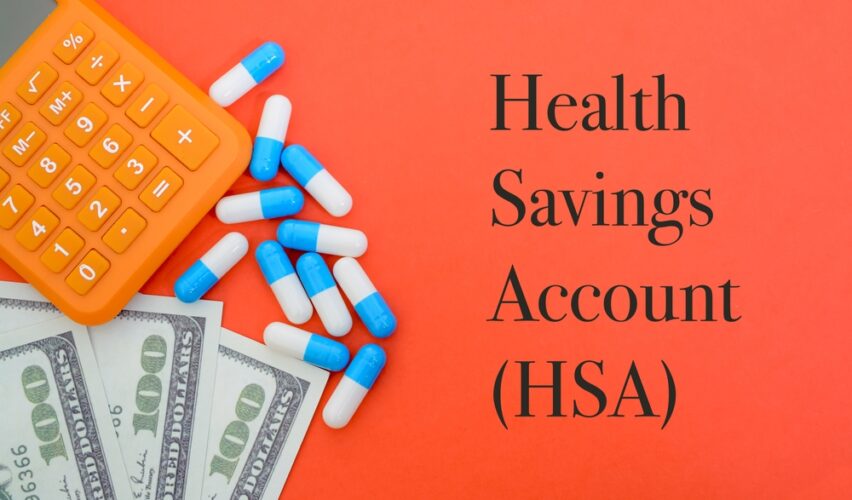A Health Savings Account (HSA) is a tax-advantaged way to save money you can use to pay out-of-pocket medical expenses. However, to be eligible you must be enrolled in a High-Deductible Health Plan (HDHP) offered through FEHB and meet IRS requirements:
- You have no other health insurance coverage
- You’re not enrolled in Medicare
- And you are not claimed as a dependent on someone else’s tax return
Considering that an HSA is only available to people with HDHPs, it may not be for everyone. Let’s look at the pros and cons.
HSAs: The Advantages
An HSA can help cover high deductibles of unexpected medical expenses when you have coverage through one of FEHB’s HDHP plans. Some financial experts say it’s a good investment for the tax advantages alone. Your contributions are pre-tax and lower your taxable income while interest earned on your savings is also tax free. Even better, unlike your TSP, your withdrawals are not subject to income taxes as long as you use the funds for qualified medical expenses.
Other advantages include:
- A wide range of expenses are eligible including dental, vision, and mental health counseling plus qualified over-the-counter medications and menstrual products.
- An unlimited amount of unused funds and interest can carry over from year to year.
- Your account is yours to keep when you retire or if you change plans.
- Some FEHB HSA plans provide the convenience of a debit card.
“You need to save receipts to prove you paid for eligible medical expenses in case you’re audited by the IRS.”
HSAs: The Disadvantages
The main disadvantage of an HSA is the fact that you must be enrolled in an HDHP. Though the monthly premium for these healthcare plans is relatively low, the deductible is extremely high. This means you have to pay out-of-pocket for all of your medical care and prescriptions until you satisfy the deductible and your coverage kicks in. The 2024 minimum deductible for a Self-Only HDHP plan is $1,600 and $3,200 for a family plan.
Other disadvantages include:
- Participants may be reluctant to seek medical care because they don’t want to spend their HSA funds.
- If you use FSA funds for non-qualified expenses before age 65, you’ll owe the IRS a 20% penalty in addition to income taxes on the amount you withdrew (at age 65, there’s no penalty but you’ll still owe taxes).
- You need to save receipts to prove you paid for eligible medical expenses in case you’re audited by the IRS.
For complete information, visit the OPM website and connect with an FRC® trained advisor.


























